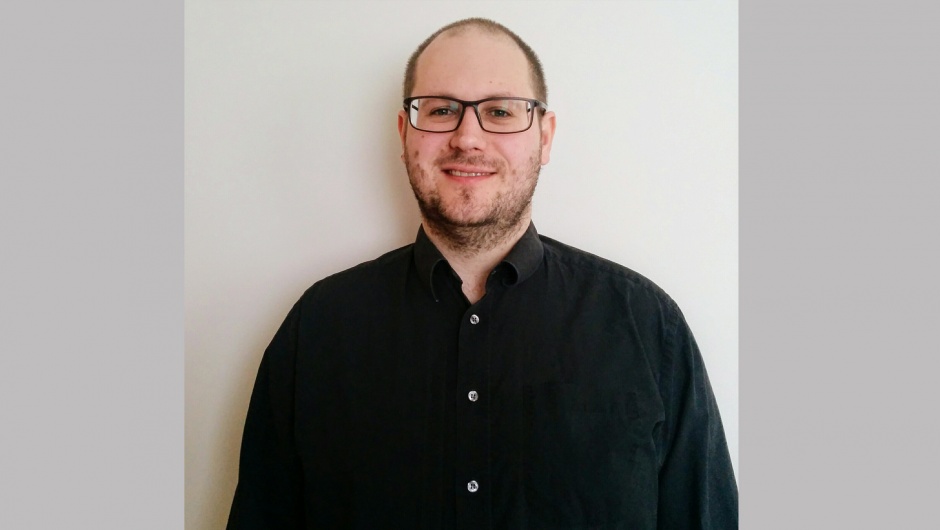
At school I was lucky enough to do Latin A-level and Greek, French and Italian GCSE. I knew I enjoyed languages - the older and weirder the better! After considering ASNC at Cambridge, I chose to study Classics at Oxford, where I did all the linguistics/philology options I could, and then switched to linguistics for my Master’s and Doctorate, with a particular focus on the Celtic languages (including Old Irish, Middle Welsh and Gaulish). I came to Cambridge in 2010 and since then I’ve been primarily working on the Italic languages (Latin and its relatives in ancient Italy, primarily Oscan and Umbrian). The history and development of these latter languages is particularly important, because we have no literature written in anything but Latin. They are known only from inscriptions on non-perishable materials - being able to understand what they say gives us an insight into the history, law and religion of ancient Italy from a completely different perspective. My recent research has included trying to work out how Oscan speakers in the south of Italy decided to spell their language when they borrowed the alphabet from neighbouring Greeks, and what this tells us about contact between Oscans and Greeks; what Latin r really sounded like (think of English r - even though we write it at the end of a syllable in words like car or better we often don’t pronounce it at all; and a Scottish r will sound different from a west-country r); and where the Romans got ursus, their word for ‘bear’, from.